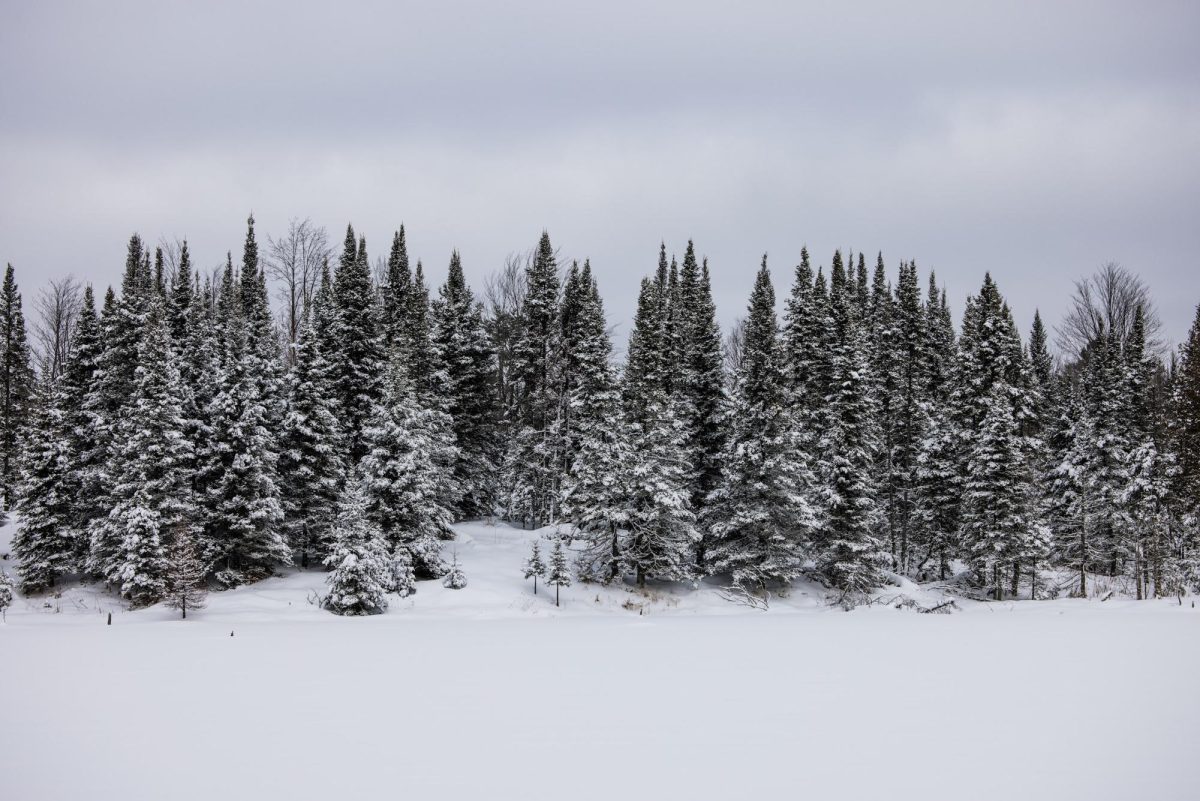The National Federation of Federal Employees filed for the immediate reinstatement of all unlawfully terminated U.S. Department of Agriculture federal workers, including U.S. Forest Service probationary employees March 6, according to an NFFE news release.
Following an executive order issued Feb. 11 by President Donald Trump, around 3,500 USFS probationary employees have been fired by the Trump Administration and Elon Musk’s DOGE in what the release described as an unwarranted and illegal attack on the civil service.
University of Wisconsin professor of forest biometry Volker Radeloff said the firings of National Park Service and USDA workers are unprecedented.
“A lot of the terminations have been indiscriminate, so they have not looked at actual performance,” Radeloff said.
New employees typically enter USDA agencies on a probationary basis and are sometimes only needed for summer work, according to Radeloff.
Job security for recent graduates is even more at risk now, Radeloff said.
“Nothing like this has happened in the past,” Radeloff said. “In general, the rule of thumb was that jobs in natural resources and the federal government may not pay as much, but were very stable. That’s no longer true.”
Following the firings, hundreds of national parks will be understaffed and will potentially adjust operational hours, according to AP News.
More than 325 million people visit the nation’s 428 locations run by the NPS, according to AP News.
“The National Park Service is hiring seasonal workers to continue enhancing the visitor experience as we embrace new opportunities for optimization and innovation in workforce management,” the NPS said in an email statement to The Badger Herald. “We are focused on ensuring that every visitor has the chance to explore and connect with the incredible, iconic spaces of our national parks.”
Radeloff said he has previously seen many graduates move on from his program to public agencies such as the NPS, the Wisconsin DNR and the USFS.
The USFS uses research conducted by Radeloff and his team to allocate fire-fighting resources to areas that they determine to be at risk, focused on reducing fire risk to people’s homes. Radeloff’s work also focuses on assessing habitats of different species to protect the habitats. The team partners with the NPS, Wildlife Services and the U.S. Geological Survey through contract work.
“We are crossing our fingers that those contracts be honored and remain,” Radeloff said. “That’s where a lot of our research funding is coming from.”
Radeloff said the management of Wisconsin land should be better funded, including the Apostle Islands and the St. Croix River, both of which are managed by the NPS.
“We should do all we can to make those places attractive, protect the environment and have people enjoy them,” Radeloff said. “I think that’s one of the things that makes America truly great. This network of public land that’s accessible to all.”



